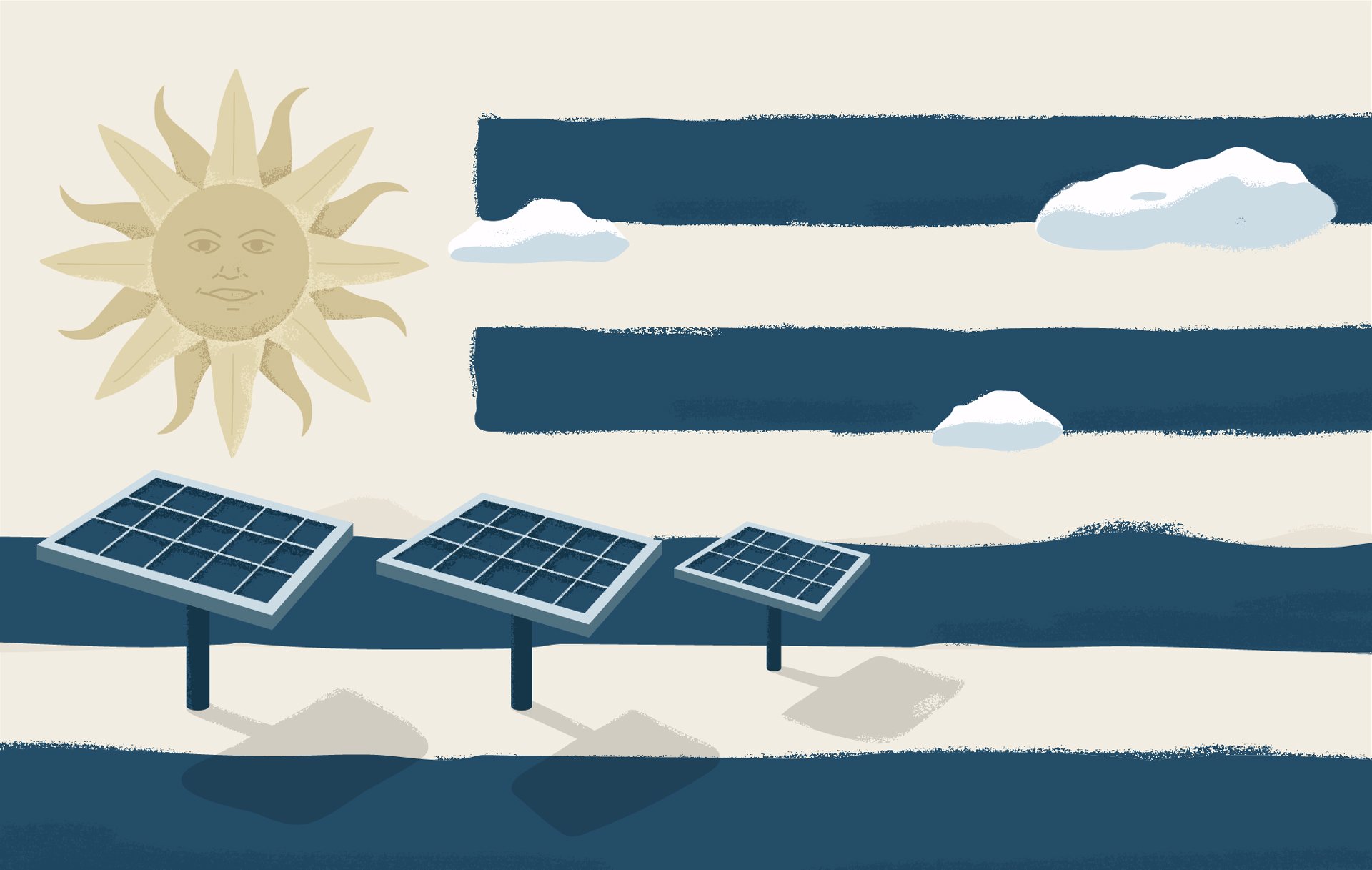“with wind the single-biggest contributor… Power production costs have declined “by almost half” … And the clean energy sector has created 50,000 new jobs… Ask me what was the impact on the electricity sector in Uruguay after this tragic war in Europe — zero.”



electricity is’t the majority of the energy consumed in nearly any country.
it’s a easy way to keep confusing less vigilant people by calling electricity as energy.
Just call things the way they are.
You’re right; 2/3 of worldwide energy is actually waste heat.
https://www.businessinsider.com/most-energy-still-comes-from-oil-2015-10
Here’s the chart from 2007: Waste heat / losses are in the top right, although it doesn’t show the transport sector losses which are higher than for coal generation.
What this means is that when we fully electrify all sectors, by using renewable energy such as wind and solar, our total energy generation capacity will only need to be about 1/3 to 1/4 of what we currently produce today to fulfill our current energy needs. That’s huge.
Correct me if I’m wrong, but electrifying a process doesn’t automatically make it not produce waste heat, right?
The reference to waste heat could include the heat from burning fossil fuels that isn’t turned directly into work. Which is a lot.
So you’re right, there will still be some waste heat and the reduction in production needs won’t be that drastic. But it’s still a significant chunk of the total!
Yes of course, but a lot of energy is currently also used for heating things in cooking steel, chemical industry, concrete, etc. Those processes need energy as heat and directly produce waste heat. I agree it’s probably still significant. It’s just wrong to reduce energy consumption to “making things move”.
Converting energy to power will always produce at least one of heat or light (also radiant heat) in the process.
There is no 100% efficient power.
But, electric is the closest you could get. Especially compared to any petroleum products
Changing your energy generation from burning something to turning a turbine with wind power, hydropower or geothermal power. Or just using solar, means that you have no waste heat for electrical generation.
Waste heat is only created when you burn a fuel to boil the water.
If you heat things electrically you still generate waste heat. Think electrical stove and its bigger industrial counterparts.
No but electric motors and heat pumps are much more efficient so electfication helps reduce waste heat
that’s not quite right and mixes couple things
you have production losses and transmission losses. then you have waste heat used for household and industrial heating.
now you would also have to produce that portion electrically.
For instance in winter heating requirements of a typical house are 2x that of the electricity used.
Electrically independent doesn’t have the same ring to it
I mean I doubt any reasonable person would think that literally every household in Uruguay has replaced their gas stove with an electric/induction stove and that they use only AC/heat pumps and everyone has switched to an electric car and every bus has been converted to a trolley and or Battery/Hydrogen Electric
and a bunch of other stuff.